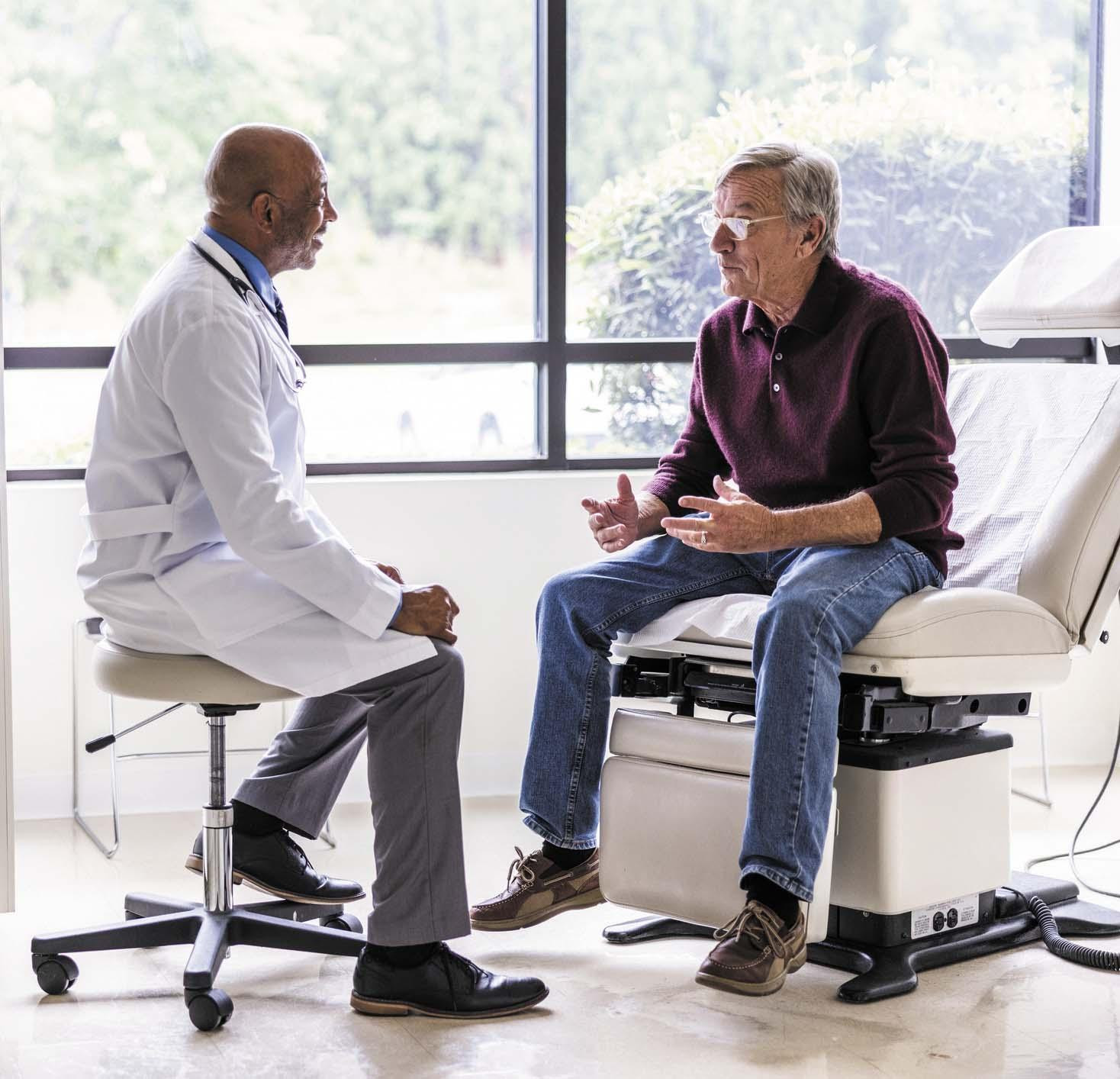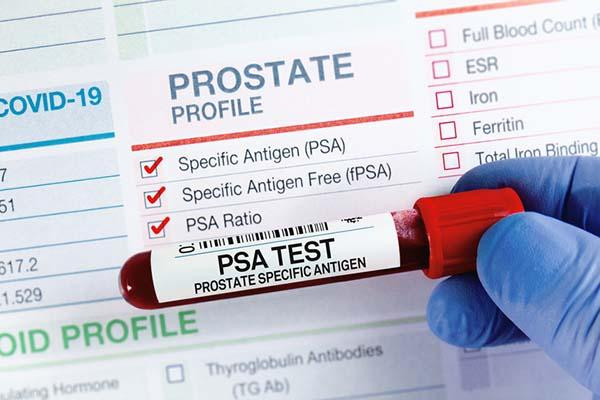
Trying to lose weight? Be careful not to lose muscle

Is your skin problem actually an autoimmune condition?

People with diabetes face higher risk of hearing loss

Antibiotic-free fixes for recurrent UTIs

Musculoskeletal syndrome of menopause: When menopause makes you ache all over

When can older women stop getting mammograms?

To lose weight, especially harmful belly fat, combine diet and exercise

Can men hold off on treating recurring prostate cancer?

The 7 types of rest and why we need them all

What are the early warning signs of cervical cancer?
Prostate Health Archive
Articles
Can saw palmetto treat an enlarged prostate?
Saw palmetto is a popular “natural” choice for urinary symptoms from an enlarged prostate, but high-quality studies show little or no real benefit. Men are urged to talk with a doctor first, both to rule out serious causes and avoid misplaced hope.
Prostate cancer screening keeps getting better
With advances beyond blood tests to screen for prostate cancer, men and their doctors now have additional—and better—information to guide diagnosis and potential treatment. Examples include MRI scans and also urine tests that look for biological markers of cancer.
Can men hold off on treating recurring prostate cancer?
What happens if PSA levels start rising after surgery or radiation for prostate cancer? Sometimes men live the rest of their lives with a rising PSA without ever developing metastases. Now, an ultra-sensitive scanning technology is raising new questions about biochemical recurrence and how to manage it.
What to do about pain “down there”?
Chronic pelvic pain—medically known as chronic prostatitis / chronic pelvic pain syndrome, or CP/CPPS—is one of the more common and challenging conditions older men face. Because the underlying cause may not be identified, doctors often take a trial-and-error approach to managing the common symptoms like throbbing, aching pain, urination problems, and sexual dysfunction. Options include different types of medication, physiotherapy, shock wave therapy, and aerobic exercise.
Prostate cancer diagnoses on the rise, says study
More men are being diagnosed with prostate cancer, according to a 2025 study. Black men have a higher incidence of cancer and are twice as likely to die from the condition compared with white men.
What are the symptoms of prostate cancer?
A PSA test can detect early-stage prostate cancer while it’s still asymptomatic, but some men are diagnosed with prostate cancer only after symptoms appear. The editor in chief of the Harvard Medical School Guide to Prostate Diseases answers questions about how doctors distinguish prostate cancer from other noncancerous problems affecting the prostate.
How is PSA used to monitor prostate cancer?
Men on active surveillance for low-risk prostate cancer might need treatment if their PSA levels start to rise. Doctors also measure PSA to check for recurring cancer in men who were already treated with surgery or radiation. But use of the test in such cases differs in important ways.
What is a PSA test and how is it used?
Every year, millions of men around the world get a prostate-specific antigen (PSA) test. Abnormal readings on the test suggest a man might have prostate cancer. But how should an abnormal result be interpreted?
Finding advanced prostate cancers
For men who choose prostate cancer screening, it begins with measuring prostate-specific antigen (PSA) in the blood. Scientists continue to explore strategies beyond PSA testing to identify men who should have biopsies because they are more likely to have intermediate or high-risk cancer. These strategies include other types of PSA measurements, urine tests for genes, new imaging methods and artificial intelligence that works to improve the accuracy and efficiency of MRI and biopsies.

Trying to lose weight? Be careful not to lose muscle

Is your skin problem actually an autoimmune condition?

People with diabetes face higher risk of hearing loss

Antibiotic-free fixes for recurrent UTIs

Musculoskeletal syndrome of menopause: When menopause makes you ache all over

When can older women stop getting mammograms?

To lose weight, especially harmful belly fat, combine diet and exercise

Can men hold off on treating recurring prostate cancer?

The 7 types of rest and why we need them all

What are the early warning signs of cervical cancer?
Free Healthbeat Signup
Get the latest in health news delivered to your inbox!
Sign Up











